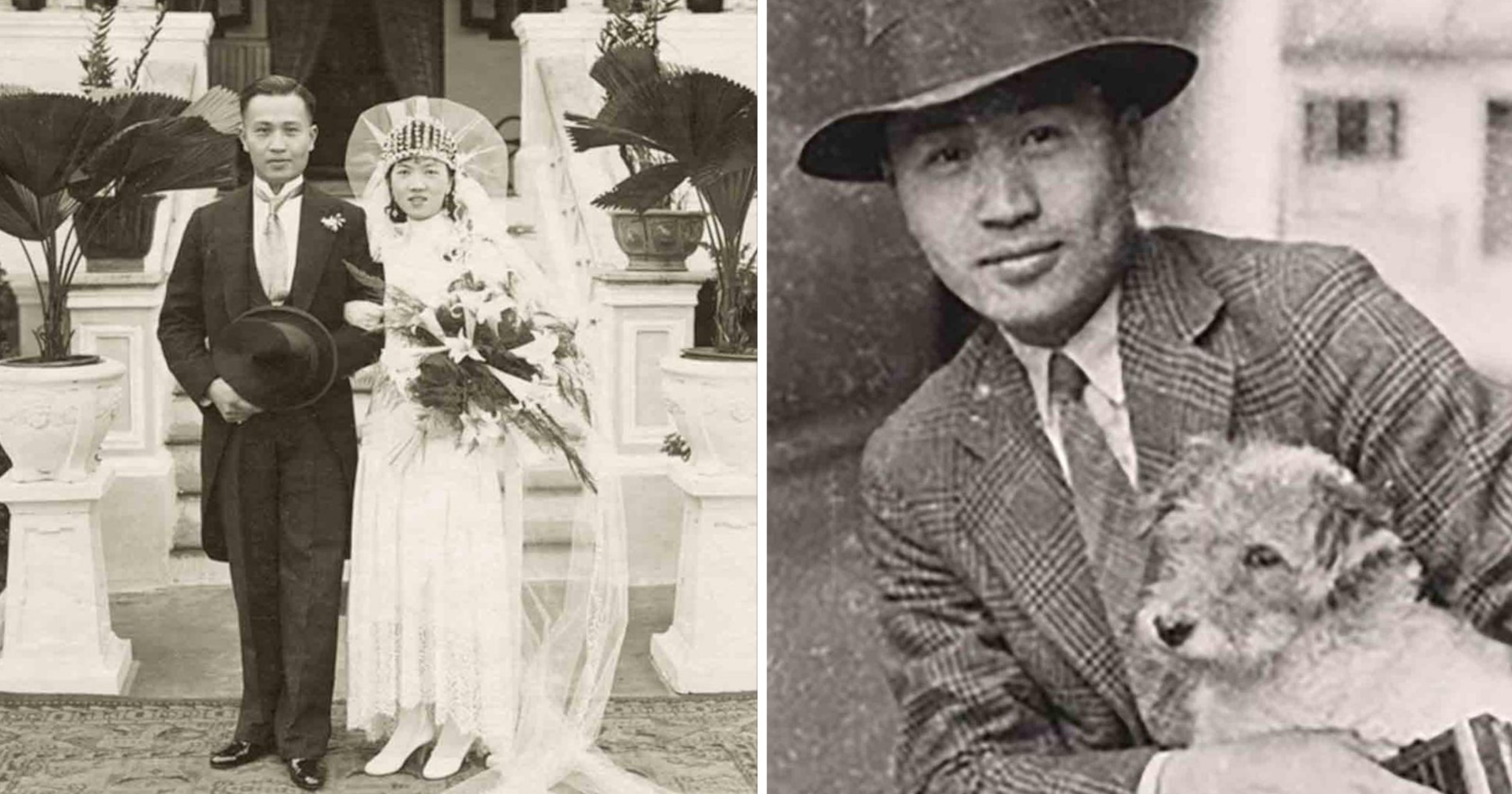Crazy Rich Asians is the first book-turned-Hollywood production that focuses predominantly on a Singaporean family.
Granted, not the typical HDB family, but we're excited anyway:
And in case you didn't know, author Kevin Kwan was born in Singapore before he moved to America at the age of 11.
He opens his family album for American magazine TOWN&COUNTRY, revealing the three ridiculously rich families that inspired the novel, and subsequently the film.
Intermarriage of three families
The three families are the Kwans, the Ohs, and the Hus.
It started when Kwan's grandmother, Egan Oh, was introduced to the dashing Dr. Arthur P.C. Kwan, her neighbour's younger brother.
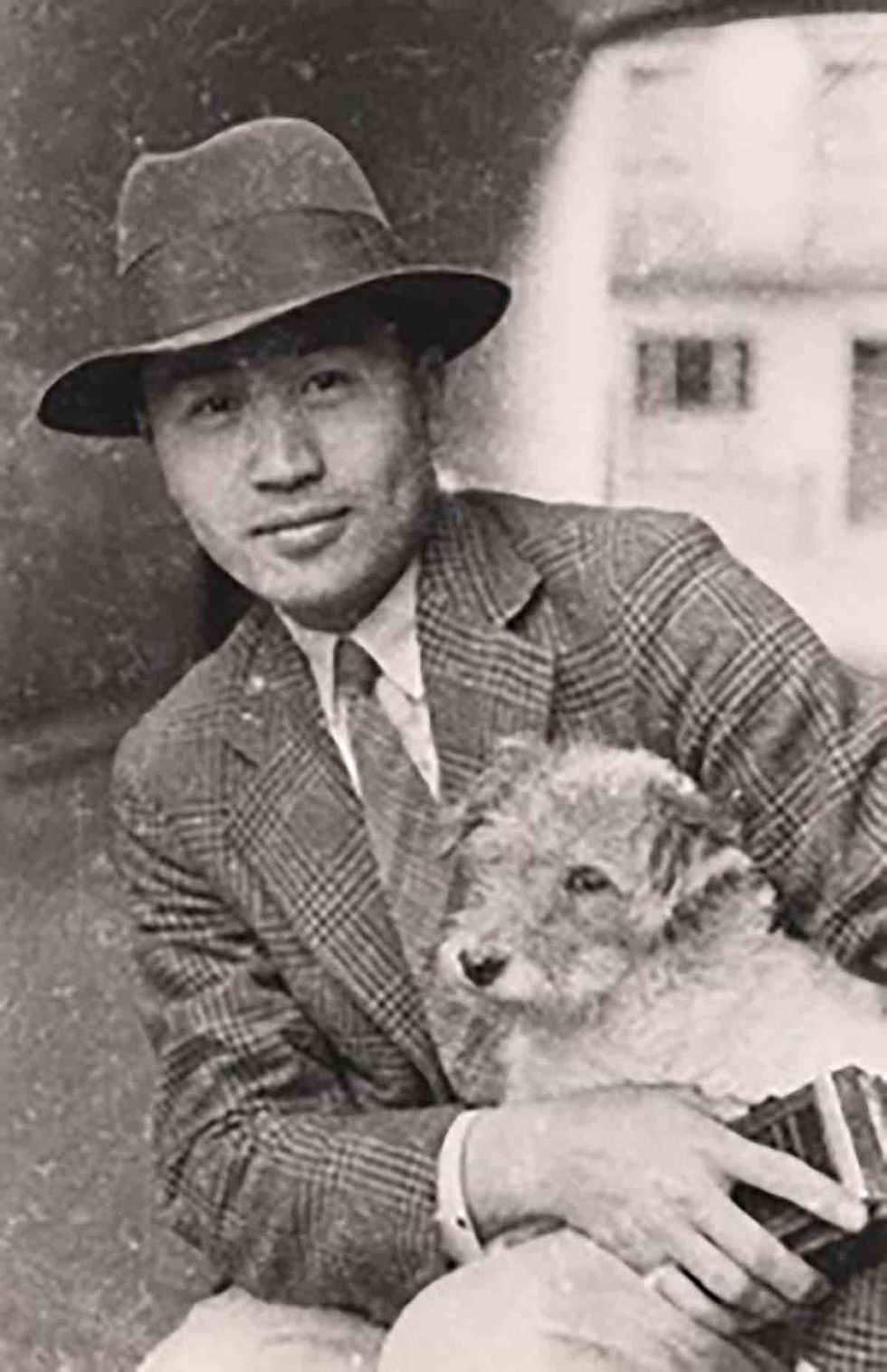 Dr. Arthur P.C. Kwan/ Photo from Kevin Kwan via TOWN&COUNTRY
Dr. Arthur P.C. Kwan/ Photo from Kevin Kwan via TOWN&COUNTRY
[related_story]
The one who introduced them was Kwan's grandaunt (grandmother's sister-in-law) Margaret Kwan Fu Shing — Oh's neighbour and Arthur's older sister.
While she was previously averse to marriage, Oh, then 26, changed her mind when she met Arthur.
On the day in 1931 when the two got married, it was only the second time they had met.
 Dr. Arthur P.C. Kwan and Egan Oh/ Photo from Kevin Kwan via TOWN&COUNTRY
Dr. Arthur P.C. Kwan and Egan Oh/ Photo from Kevin Kwan via TOWN&COUNTRY
Helped invent Tiger Balm
Meanwhile, Margaret Kwan's husband — Dr. Hu Tsai Kuen — was according to Kwan one of the people who helped to invent the Tiger Balm ointment.
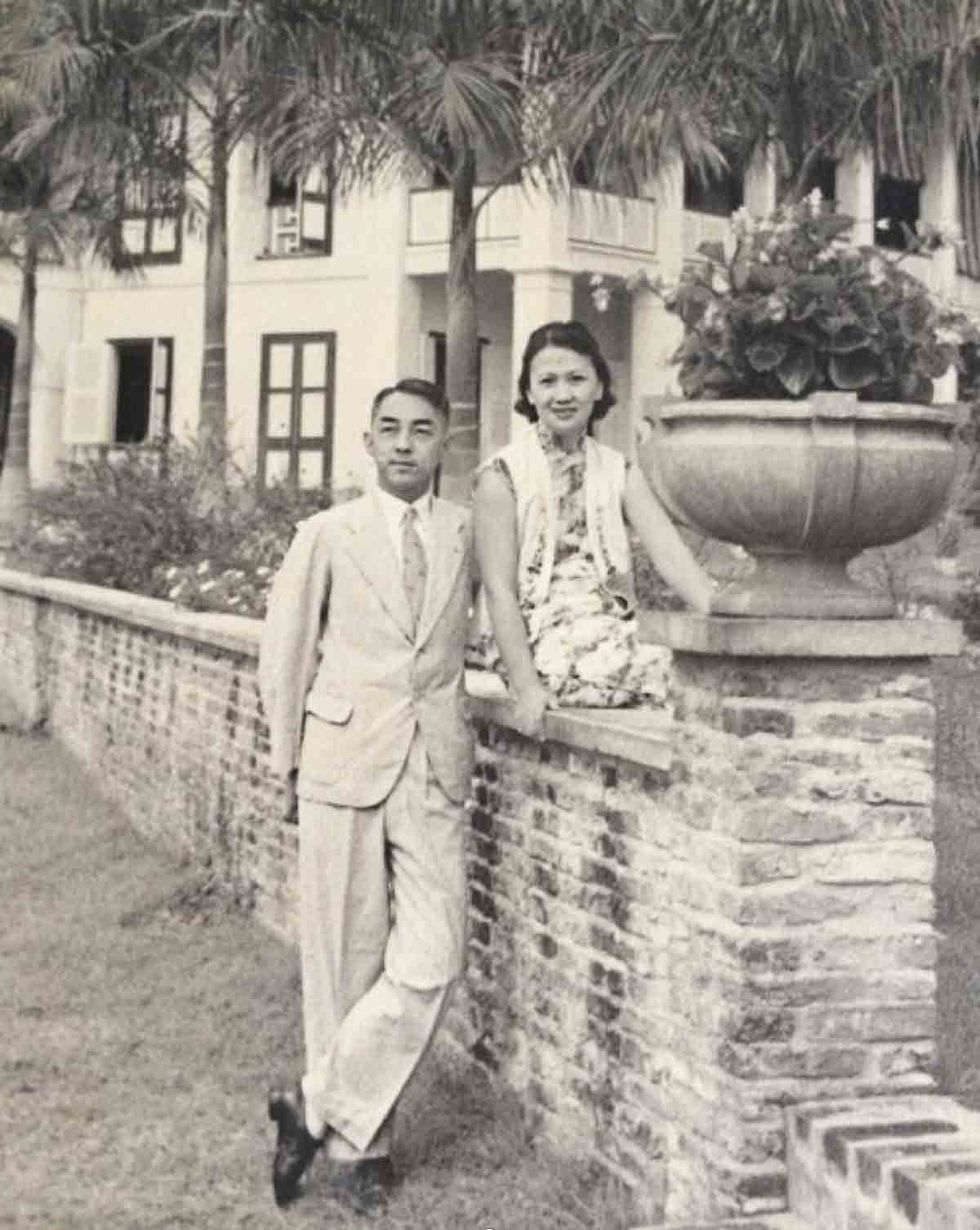 Dr. Hu Tsai Kuen and Margaret Kwan/ Photo from Kevin Kwan via TOWN&COUNTRY
Dr. Hu Tsai Kuen and Margaret Kwan/ Photo from Kevin Kwan via TOWN&COUNTRY
The family lived in an estate called Buitenzorg, which was reportedly one of the "grandest and most beautiful houses in Singapore" in the 1920s.
It also seems to share the name of a palace in Indonesia. Fun fact.
Before that, the estate had apparently belonged to the Sultan of Johor.
This is Margaret in her bedroom, furnished in Art Deco style (the height of fashion in that era):
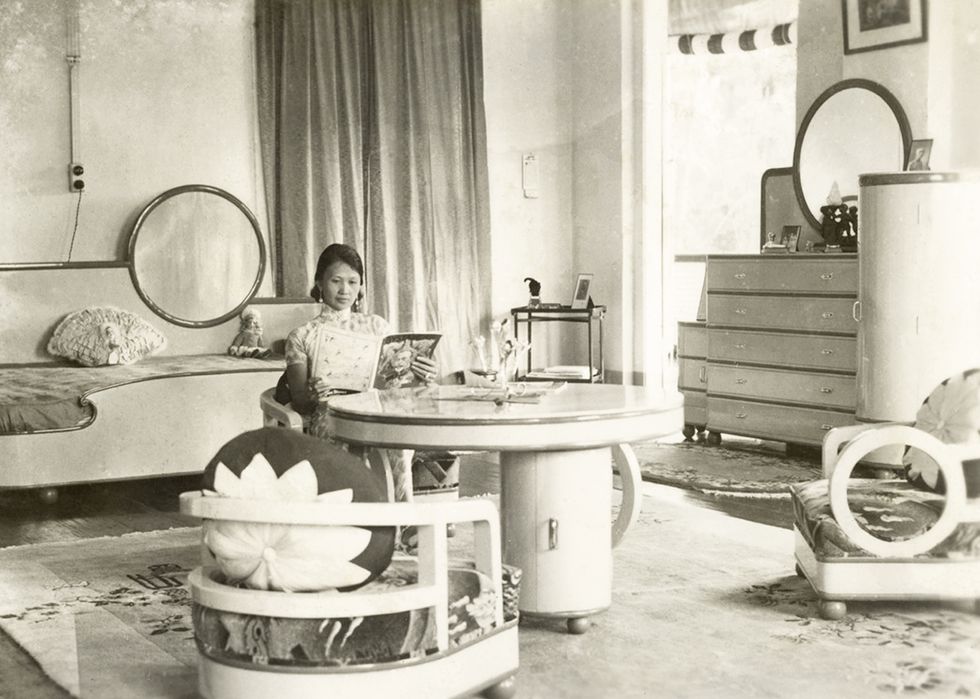 Photo from Kevin Kwan via TOWN&COUNTRY
Photo from Kevin Kwan via TOWN&COUNTRY
And in her dressing room:
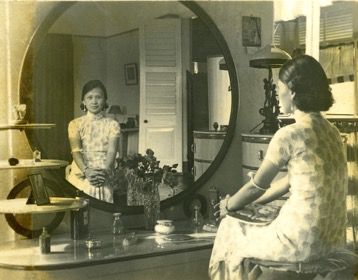 Photo from Kevin Kwan via TOWN&COUNTRY
Photo from Kevin Kwan via TOWN&COUNTRY
According to the article, the property is now known as The Marq, an extravagant residential tower in Singapore that comes with an infinity pool for each unit.
Didn't know a word of Mandarin
Despite being Singaporean, Kwan didn't know a word of Mandarin, and neither did his parents.
During that era, he explains in the magazine, the elite Chinese tended to be English-educated and took after the British.
This was why Kwan grew up with a "posh English accent". As he puts it:
"I was Singaporean, but my identity was wrapped up in the culture I was experiencing every day."
For instances, there was tea at 5pm every day, and Kwan's grandfather would smoke his pipe at the veranda after dinner time.
The older Kwan also drove a car, which was a thing of luxury at that time.
 Photo from Kevin Kwan via TOWN&COUNTRY
Photo from Kevin Kwan via TOWN&COUNTRY
To Kwan, however, this is a world that has "all but disappeared".
You can read his piece and see all the pictures he shared in the TOWN&COUNTRY article here.
All photos via Kwan's article in TOWN&COUNTRY
If you like what you read, follow us on Facebook, Instagram, Twitter and Telegram to get the latest updates.
